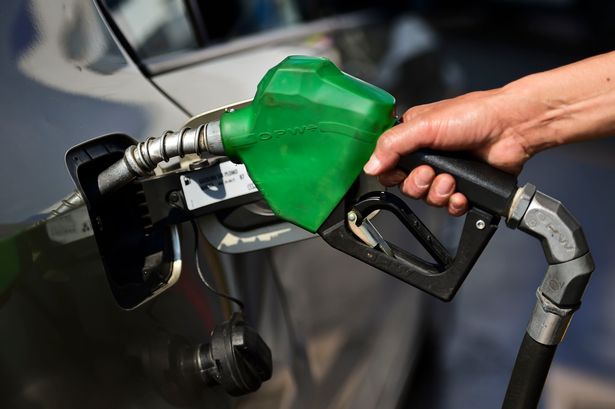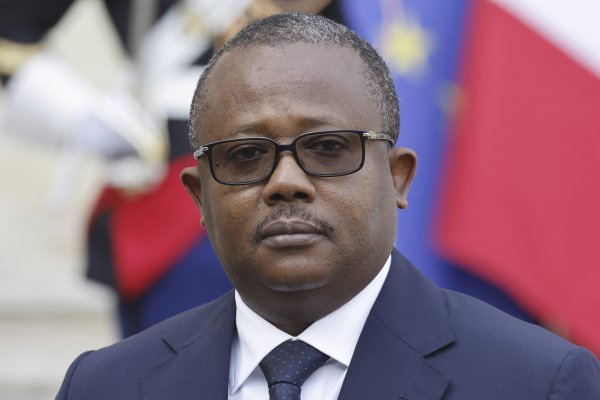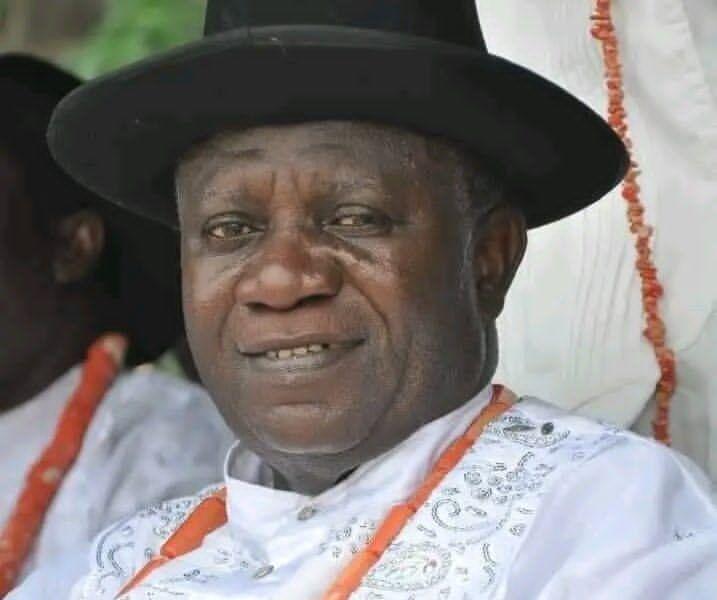SUBSIDY: Is the Removal of Petrol Subsidy a Price Too High to Pay? By Abai Francis

The removal of subsidy on Premium Motor Spirit (PMS), otherwise known as petrol, by the administration of President Bola Ahmed Tinubu, and Vice President Kashim Shettima, has been haunting Nigerians for weeks now. This haunt was again worsened by another increase in the pump price from an average N520 per litre to an average N620 per litre on July 18, 2023, culminating in further untold hardship and suffering of Nigerians.
The further hike in the pump price of petrol has not only sparked an increase in transport fares (as most vehicles are powered by petrol), but it has also resulted in the hike of food prices and other household consumables, further widening the poverty net in most poor families, who before now, have been struggling to cope with the steep price after the inauguration of the President Tinubu administration.
Reports from various media houses also indicate that the number of road users have greatly reduced. Even some transport operators, particularly the popular tricycle operators known locally as Keke riders, have complained of poor patronage, and are beginning to ration their availability on the road by reducing transport trips in order not to waste fuel in search of passengers. The same effect is replicated in interstate road transporters and those in the marine sector, who say the number of trips made daily have greatly reduced, posing a threat to their business survival.
The rising cost of petrol will also impact negatively on majority of businesses that rely on petrol to power their generators due to the poor electricity supply from the power distribution companies (DisCos), further complicating the state of living. Recall also that DisCos have been clamouring of recent for an increase in the price of electricity tariff, which when effective will further pose more hardship. Even though some Nigerians are finding some level of respite in switching to the use of gas, not many are still able to afford the energy resource.
There is no doubt that, at the extreme, the economy will witness an increase or surge in unemployment levels as most businesses will be forced to reduce business-related expenses, among which is laying-off staff or downsizing. Already, educational institutions, both public and private-owned, are increasing fees of students to make up for the high cost of doing business in the country, leaving most poor families in multiple jeopardy. It is likely out of school children will rise.
On the other hand, the cost of subsidy payments on Nigeria's economy have been very grave. In a report published on Premium Times online newspaper, the Nigerian National Petroleum Company Limited (NNPCL) on Friday, February 17, 2023, disclosed that the country spends over N400 billion monthly on petroleum subsidy. The NNPCL had earlier released a report in October 2022 that revealed that the agency recorded zero revenue from oil export due to subsidy payment, with payment alone for October 2022 gulping ₦199 billion. Moreover, in Nigeria’s 2023 budget, the federal government allocated ₦3.6 trillion to pay for fuel subsidies for the first half of the year. This figure shows a huge gap compared to the allocated ₦443 billion subsidy payment for January to June in the previous year, 2022.
The huge burden of subsidy on PMS no doubt calls for its scrapping and as well justifies its removal so as to avail such huge funds for other infrastructures that would have a long term positive benefit on citizens of the country. But be that as it may, Nigerians are skeptical of the will of its leaders in governance to do the needful for the country's development and growth. No thanks to corruption, a social scourge that has continued to defy solutions and keeps plunging the country into an abyss of underdevelopment despite the country's massive endowed resources.
Recall that this corruption played itself out in the 2012 Occupy Nigeria protest as its organisers debunked the subsidy claim by the then former President Goodluck Jonathan. Back then, Ngozi Okonjo-Iweala, the now Director General of the World Trade Organization, who was a member of the president economic team, clamoured for the removal of subsidy. Today, those who kicked against subsidy removal due to their desperation to gain popularity and win elections are the same minds effecting its removal. If only subsidy had been removed back then, probably by now Nigerians would have been experiencing a new lease of life.
In our opinion, the removal of subsidy is not a price too great to pay by Nigerians as it has a long term benefit which far outweighs its sustenance. However, if only the previous government meant well for the country, there ought to by now be in place plans to ease the gradual removal of subsidy and introduce palliatives to reduce its effects on the economy. It is clearly evident that Nigeria's leadership failed woefully in that regard. For more than 60 years of mining oil, the country cannot boast of public and private refineries as investments to refine its raw crude oil—ventures that would not only create jobs but would have also reduced the cost of fuel.
We therefore call for transparency in the palliative plans of the government, knowing that Nigeria's system of governance is laden with systemic corruption, thus leading to fears that such proposed palliatives will become another avenue for looters to steal public funds. Also, as concerning cash transfer initiatives, we believe such intervention is unsustainable. Instead, we believe government should plough funds recovered from subsidy removal into enduring infrastructures that will absorb the shock of subsidy removal, especially for the masses. Above all, Nigeria's refineries should be made to work, licenses for more private refineries, including modular refineries, should be given to capable hands, just as the country's power infrastructure should be fixed.
#penglobalreport #subsidy



